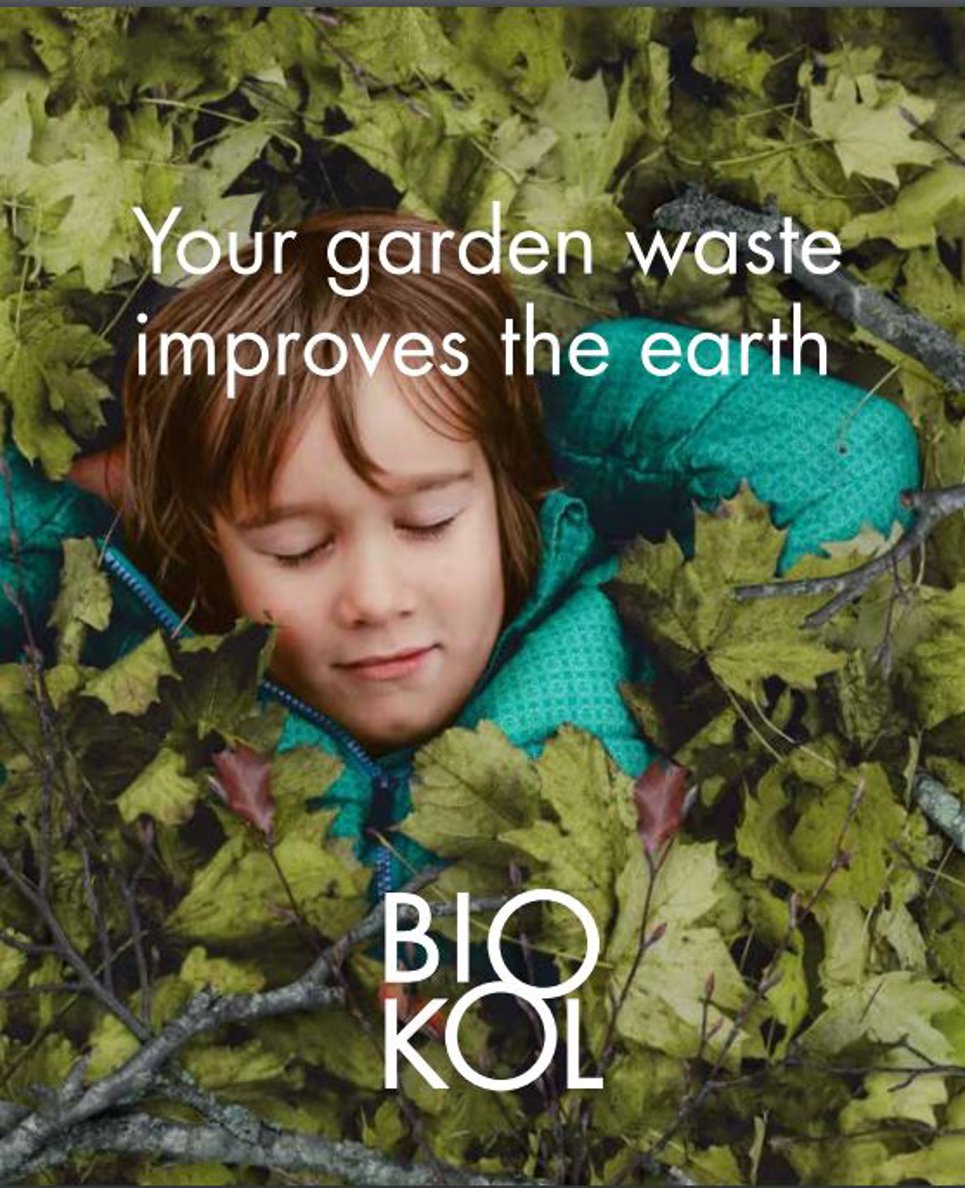Partners:
Stockholm Water and Waste (SVOA), Stockholm Exergy and the City of Stockholm.
Funding:
Bloomberg Philanthropies, Stockholm Water and Waste (SVOA), Stockholm Exergy and the City of Stockholm.
Aim/Vision:
Stockholm Biochar Project's goal is to produce heat for 400 apartments and to create a carbon sink corresponding to the yearly carbon dioxide emissions from 3500 clean cars - a small but important action to save the world. Using biochar in green areas of the city, carbon sinks, plants grow easily, and storm water infiltrates efficiently, helping to manage flooding. Furthermore, a greener city contributes with a whole array of auxiliary benefits such as cleaner air, increased biodiversity while combating heat island effects.
Urban trends & Innovations - selected learnings:
Stockholm City has received many requests from other cities and organizations that are interested in replicating the program. As a result, the Biochar team has published a replication manual and checklist for reference. Investigations are already underway into how to develop this system using other kinds of waste (e.g. by-products from forestry and agriculture, straw, sewage sludge and horse manure) and to extend the use of biochar to other applications (e.g. building materials).
Influential trends:
Tech trend: Bioengineering,
Societal trend: Local networking, Sustainable responsibility, Circular society
UN sustainable development goals:
This case can be linked to SDG no. 7 - Affordable and clean energy - as biochar is a renewable energy source, no. 11 - Sustainable cities and communities - by contributing to carbon sinks, more efficient infiltration of stormwater, etc., as well as no. 13 - Climate action - as a greener city contributes to cleaner air, increased biodiversity while combating heat island effects.
References:
No interview - using online information only.
https://www.stockholmvattenochavfall.se/en/current-projects/development/biochar/
https://nordregio.org/sustainable_cities/stockholm-biochar-project/
